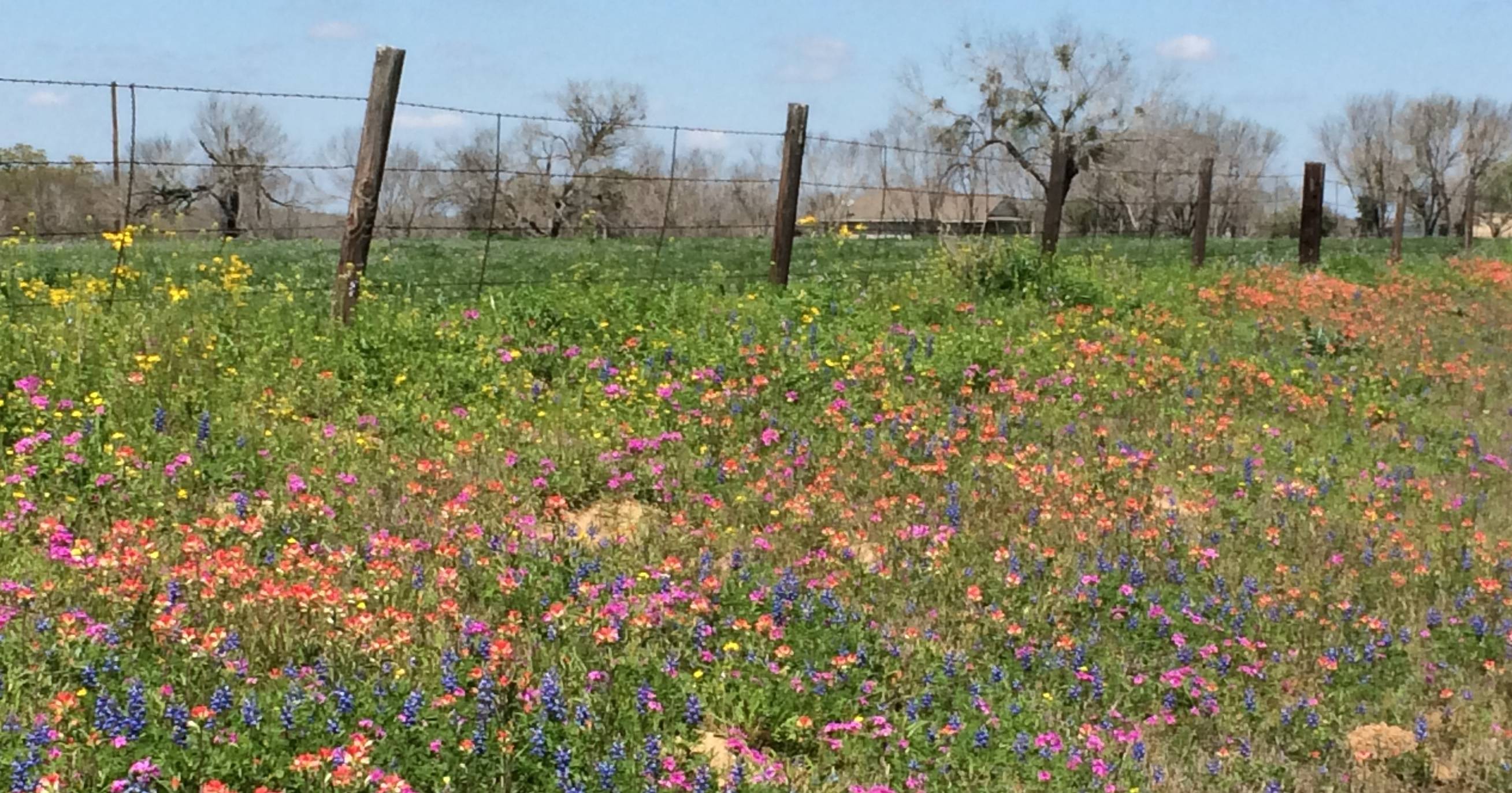M.S. Population and Conservation Biology
The M.S. with a major in Population and Conservation Biology is a research degree that requires a minimum of two years full-time coursework and research leading to a thesis. The program is envisioned as an interdisciplinary course of study that combines principles of population biology with strong training in measurement and analysis of biological systems, augmented with the student’s choice of study in particular specialties. Students are required to complete a two-semester series in statistics and experimental design in the first year. The course of study in the second year of the program includes a two-semester seminar sequence in population biology as well as elective courses. The Population Biology seminar courses pair small groups of students with faculty who conduct research in population and/or conservation biology. These seminars explore current topics in the field, including theoretical advances, contemporary research and methodological issues. Elective courses in the second year allow students to specialize in particular sub-disciplines of the field, including: ecology of populations, population management, conservation biology or evolutionary ecology and genetics.
Various faculty participate in this program. Prospective graduate students interested in the program should contact a relevant faculty member to inquire about their participation.
